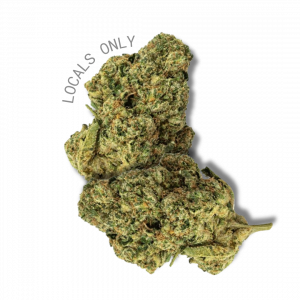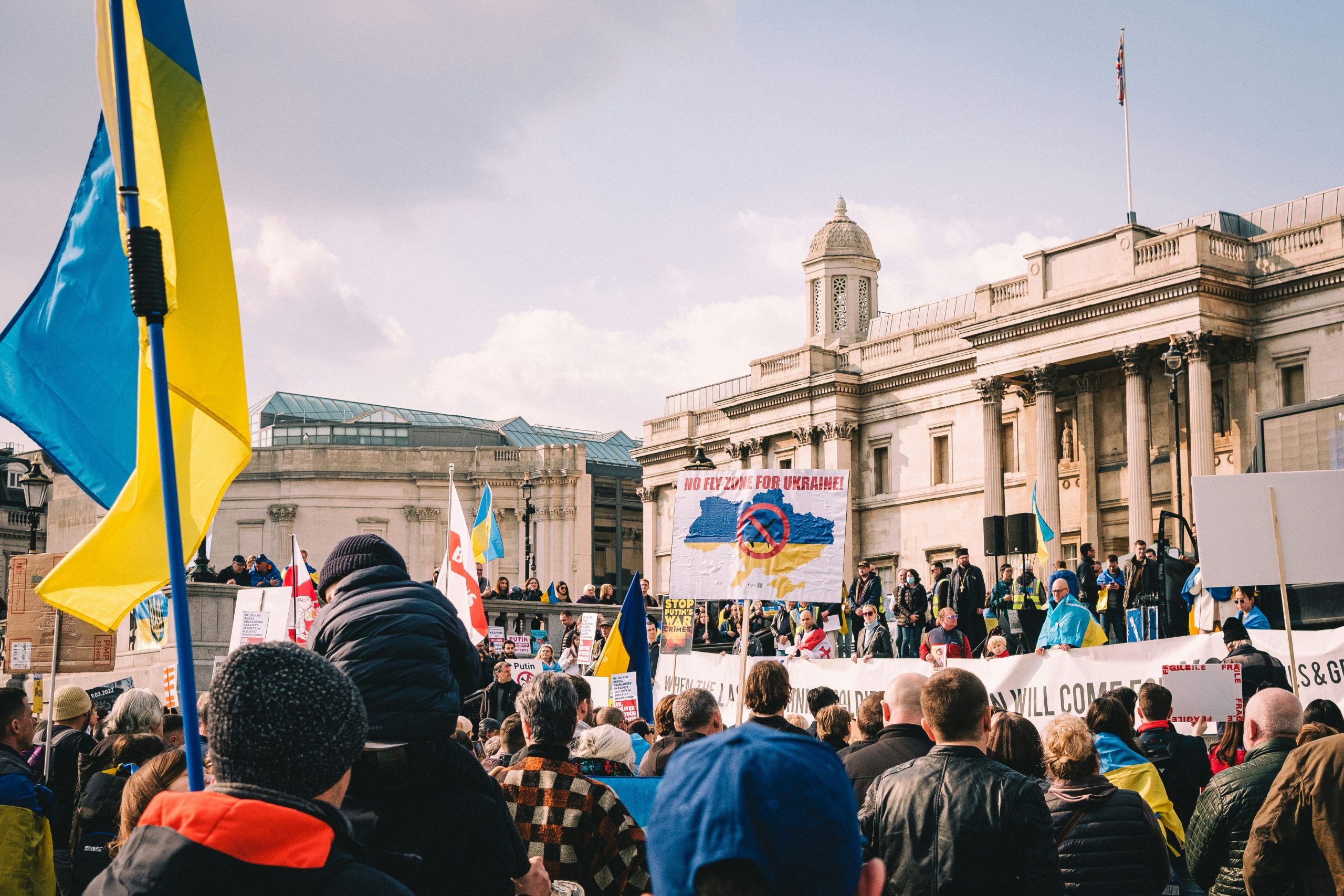

In November 2020, Washington, DC voters approved Initiative 81, officially titled the Entheogenic Plant and Fungus Policy Act of 2020. This legislation effectively decriminalized the personal and therapeutic use of certain psychedelic plants and fungi, including psilocybin mushrooms, ayahuasca, and peyote. The initiative represented a significant shift in public policy and perception regarding these substances.
The movement behind Initiative 81 was supported by a growing body of scientific research indicating potential therapeutic benefits of psychedelics for various mental health conditions, including depression, anxiety, PTSD, and addiction. Proponents of the initiative argued that criminalization of these substances impeded access to potentially beneficial treatments for individuals in need. The passage of Initiative 81 in Washington, DC marked a turning point in the approach to psychedelic substances, acknowledging their potential value in mental health treatment and personal development.
This decision has opened the door for further research into the therapeutic applications of psychedelics and has set a precedent for future policy discussions in the nation’s capital and potentially beyond.
Research has consistently shown that psychedelics have the potential to catalyze profound psychological and emotional healing, particularly in individuals with treatment-resistant mental health conditions. Studies have demonstrated that substances such as psilocybin can induce mystical experiences and promote neuroplasticity, leading to long-lasting improvements in mood, cognition, and behavior.
By decriminalizing these substances, individuals struggling with mental health issues may have increased access to alternative treatment options that were previously unavailable to them. This could lead to a significant expansion of the mental health treatment landscape, providing new hope for those who have not responded to traditional therapies.
The decriminalization of psychedelics opens the door for further research into their therapeutic potential. Clinical trials and studies exploring the use of psychedelics in treating conditions such as depression, anxiety, and PTSD can now be conducted more freely, without the fear of legal repercussions. This could lead to a better understanding of how these substances work in the brain and how they can be integrated into existing mental health treatment modalities.

The decriminalization of psychedelics in Washington, DC has the potential to influence drug policy nationwide. As one of the first jurisdictions in the United States to take such a bold step towards destigmatizing and decriminalizing psychedelics, Washington, DC sets a precedent for other states and municipalities to follow suit. The success of Initiative 81 demonstrates a shift in public attitudes towards psychedelics and may embolden other jurisdictions to reconsider their own drug policies.
Furthermore, the decriminalization of psychedelics in Washington, DC may lead to increased dialogue and advocacy for drug policy reform at the federal level. As more research emerges demonstrating the therapeutic potential of psychedelics, there may be increased pressure on federal agencies to reconsider their classification of these substances as Schedule I drugs. This could pave the way for a more nuanced and evidence-based approach to drug policy at the national level, potentially leading to greater access to psychedelic-assisted therapy and research opportunities across the country.
| Education Level | Harm Reduction Strategies |
|---|---|
| High School | Basic knowledge of harm reduction principles |
| College/University | Deeper understanding of harm reduction strategies and implementation |
| Postgraduate | Research and development of new harm reduction approaches |
With the decriminalization of psychedelics in Washington, DC comes an increased need for education and harm reduction efforts. As these substances become more accessible to the public, it is crucial to provide accurate information about their potential risks and benefits. Education about safe and responsible use of psychedelics can help mitigate potential harms associated with their use and promote informed decision-making among individuals who choose to explore these substances.
Harm reduction efforts can also play a crucial role in minimizing the potential risks associated with psychedelic use. Providing access to resources such as drug checking services, peer support groups, and overdose prevention education can help ensure that individuals who choose to use psychedelics do so in a safe and informed manner. By integrating education and harm reduction into the decriminalization process, Washington, DC can set a standard for responsible psychedelic policy that prioritizes public health and safety.
The decriminalization of psychedelics in Washington, DC has the potential to significantly influence research and innovation in the field of psychedelic science. With fewer legal barriers to conducting research on these substances, scientists and researchers may have greater freedom to explore their therapeutic potential and mechanisms of action. This could lead to new discoveries about how psychedelics affect the brain and behavior, as well as novel treatment approaches for mental health conditions.
Furthermore, the decriminalization of psychedelics may attract investment and talent to Washington, DC from researchers and innovators interested in exploring the therapeutic potential of these substances. This influx of expertise and resources could lead to a flourishing ecosystem of psychedelic research and innovation in the region, positioning Washington, DC as a hub for cutting-edge developments in the field. The influence on research and innovation could ultimately lead to new treatment modalities and a deeper understanding of the therapeutic potential of psychedelics.

Establishing clear guidelines for the production, distribution, and consumption of psychedelic substances can help minimize potential risks associated with their use. Regulation can also ensure that individuals have access to high-quality psychedelic products that are free from contaminants or adulterants.
Safety measures such as age restrictions, dosage guidelines, and harm reduction education can further mitigate potential risks associated with psychedelic use. By implementing these measures, Washington, DC can create a framework that prioritizes public safety while allowing for responsible access to psychedelic substances.
The importance of regulation and safety measures cannot be overstated as they are essential for ensuring that the decriminalization of psychedelics is implemented in a way that minimizes potential harms and maximizes potential benefits.
The decriminalization of psychedelics in Washington, DC has the potential to shape the future of psychedelic culture in the region. As these substances become more integrated into mainstream society, there may be a shift in public attitudes towards psychedelics and their role in personal growth and healing. This could lead to a renaissance of psychedelic culture characterized by a greater emphasis on mindfulness, self-exploration, and community connection.
Furthermore, the decriminalization of psychedelics may lead to an increase in psychedelic-inspired art, music, and literature as individuals are emboldened to explore their creativity and express their experiences with these substances. This could contribute to a vibrant cultural scene that celebrates the transformative potential of psychedelics while also promoting responsible use and harm reduction. The future of psychedelic culture in Washington, DC is one filled with possibility as the region embraces a more open and inclusive approach to these substances.
In conclusion, the decriminalization of psychedelics in Washington, DC represents a significant milestone in the destigmatization and integration of these substances into mainstream society. The implications for mental health treatment are profound, as individuals may have increased access to alternative treatment options that were previously unavailable to them. Furthermore, the decriminalization has the potential to influence drug policy nationwide by setting a precedent for other jurisdictions to reconsider their own drug policies.
Education and harm reduction efforts will play a crucial role in minimizing potential risks associated with psychedelic use while promoting informed decision-making among individuals who choose to explore these substances. The influence on research and innovation could ultimately lead to new treatment modalities and a deeper understanding of the therapeutic potential of psychedelics. It is crucial to prioritize regulation and safety measures to protect public health as these substances become more accessible in Washington, DFinally, the future of psychedelic culture in Washington, DC is one filled with possibility as the region embraces a more open and inclusive approach to these substances.
If you’re interested in learning more about the different types of psychedelic mushrooms, check out this informative article on 4localsonly.net. It provides a comprehensive overview of various types of mushrooms and their effects, which is especially relevant as Washington, DC moves towards the legalization of psychedelics.
As of November 3, 2020, voters in Washington, DC approved Initiative 81, which effectively decriminalized the use and possession of psychedelic plants and fungi, such as psilocybin mushrooms, ayahuasca, and ibogaine.
Initiative 81 allows individuals in Washington, DC to possess, use, and cultivate psychedelic plants and fungi for personal, non-commercial use. It does not legalize the sale of these substances.
Proponents of psychedelic legalization argue that these substances have therapeutic potential for treating mental health conditions such as depression, anxiety, and PTSD. They also argue that decriminalization can reduce the stigma associated with psychedelics and allow for more research into their potential benefits.
While Initiative 81 decriminalizes the use and possession of psychedelic plants and fungi, there are still restrictions in place. For example, individuals are not allowed to sell these substances, and driving under the influence of psychedelics is still illegal.
Initiative 81 directs law enforcement to treat the non-commercial use and possession of psychedelic plants and fungi as their lowest priority. This means that individuals using or possessing these substances for personal use are less likely to face criminal charges or arrest.